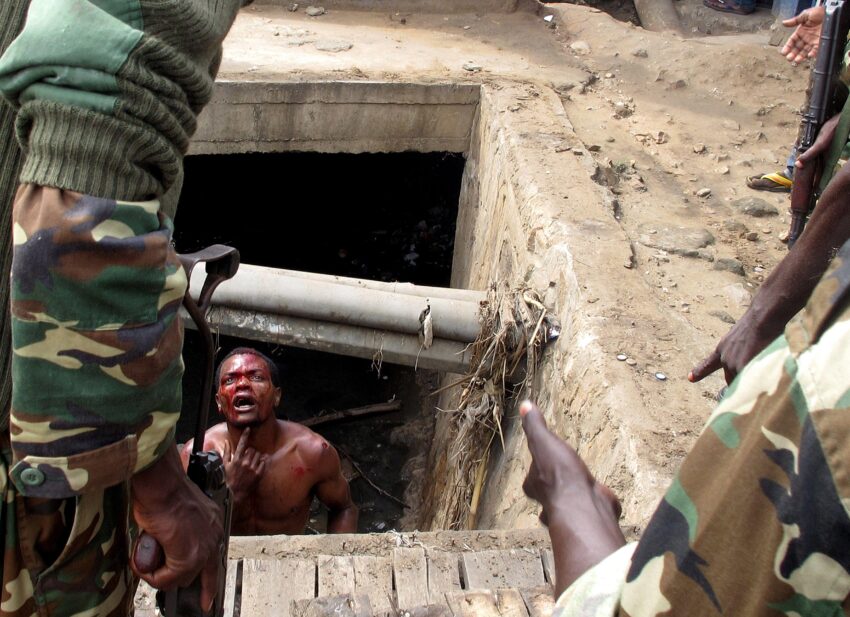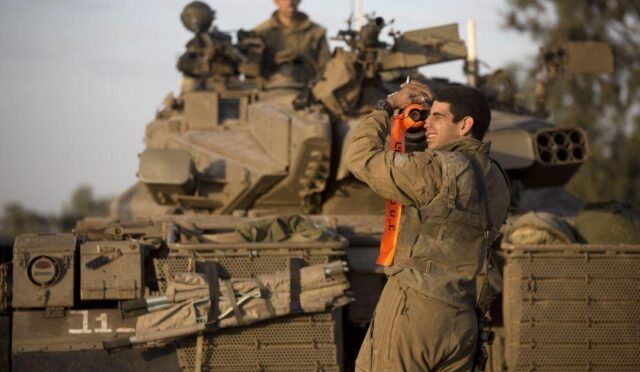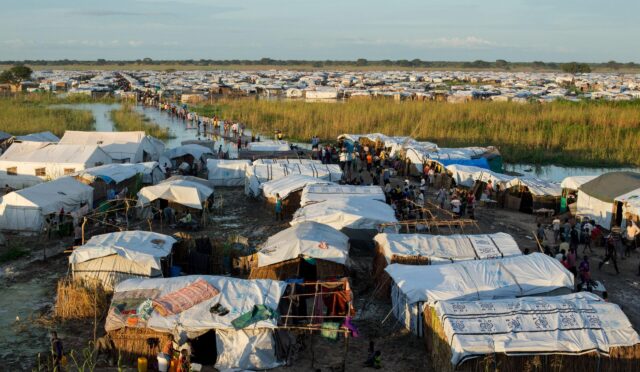Burundi’s Warning on Regional Conflict
Burundi’s President Evariste Ndayishimiye has issued a stark warning regarding the rising tensions in eastern Democratic Republic of Congo (DR Congo), suggesting that the ongoing conflict could potentially ignite a broader regional war. The M23 group, which is reportedly backed by Rwanda, has taken control of Goma, the principal city in eastern DR Congo, and is making significant advances further south. This escalation marks yet another chapter in a series of violent confrontations that have, tragically, resulted in the deaths of approximately six million people in the region over the last thirty years.
In remarks shared on social media on Saturday, President Ndayishimiye emphasized, “If Eastern Congo does not achieve peace, the region will not have peace.” He voiced concerns about the high risk of widespread warfare if the current situation persists, stating, “If Rwanda continues its conquests… I know that war will eventually reach Burundi.” These comments came as M23 forces advanced towards Kavumu, a city in South Kivu, which is known for its strategically significant military airfield and the defensive positions of the Congolese army.
Strategic Importance of Kavumu
Kavumu holds critical military importance as it is located just 40 kilometers (25 miles) north of Bukavu, the capital of South Kivu. The city’s airfield is a vital asset for the Congolese military, making it a key target for advancing M23 forces. The control of Kavumu could provide the M23 with a strategic advantage, further escalating tensions in an already volatile region.
As the conflict intensifies, the Congolese army is fortifying its defenses around Kavumu, indicating the urgency of the situation. The potential for a larger conflict looms overhead, as military movements by both M23 and the Congolese forces could lead to an unpredictable escalation of violence.
Burundi’s Military Involvement
In response to the deteriorating security situation, Burundi has deployed troops to eastern DR Congo as part of the East African Community (EAC) force, which is intended to support the Congolese military. This move underscores Burundi’s commitment to regional stability, yet it also places its forces in a precarious position amid rising hostilities.
However, tensions have arisen as other members of the EAC force, excluding the Burundian troops, have been accused by both the Congolese government and local residents of collaborating with opposition forces against Kinshasa. This complicates Burundi’s role in the conflict, as it seeks to maintain its stance as a stabilizing force while navigating the complex dynamics of regional politics.







